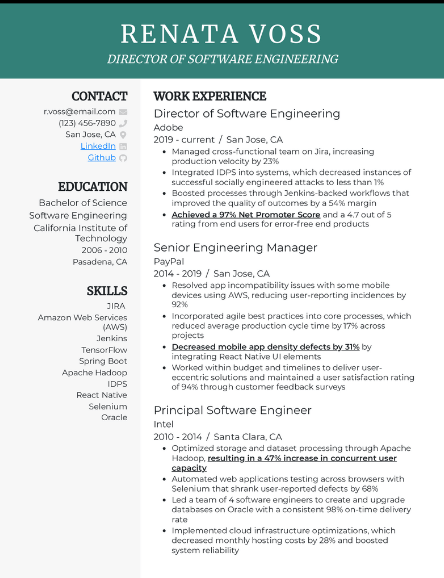Mastering the 10-Minute Phone Interview: A Guide to Effective Initial Screening
Interviewing candidates for a position can be tough! We often find ourselves in a position where we must make critical decisions based on just a brief conversation. Emotions can cloud judgment, making it even more challenging. However, with the right approach and questions, we can conduct efficient and insightful initial interviews that help us make informed decisions.
Drawing insights from the wisdom of Geoff Smart and Randy Street, authors of "Who: The A Method for Hiring," I've curated a method for conducting effective initial interviews. While I won't dive into their entire process, I'll share tips for mastering the 10-minute phone interview.
Structured Questioning
During the interview, focus on the candidate's job history. Begin with their oldest job and work your way up to the most recent. For each position, ask three fundamental questions:
1. “What were you hired to do at this job?”
This question provides a basic overview of their responsibilities and tasks in the role. Keep it concise, aiming to understand their primary duties.
2. “On a scale of one to ten, what would your boss rate your performance?”
Request the first and last name of their former boss before posing this question. Evaluate their self-assessment against what their supervisor would say. Look for consistency and clarity in their response, aiming for ratings of 8-10. Ratings less than 7 are likely realistic scores of 4-6. Force the candidate to give you an actual number; not just words.
3. “Why did you leave this job?”
This question offers insight into their motivations and experiences. Focus on understanding the truth behind their departure, whether it was due to growth opportunities, poor management, or other factors.
Active Listening and Clarity
As the candidate responds to your questions, listen attentively for clarity. Address any vagueness or red flags by asking follow-up questions. Trust your intuition and delve deeper into areas of uncertainty. Clear, honest responses are indicative of a candidate's suitability for the role.
Time Management
Given the brevity of initial interviews, time management is crucial. Aim for a duration of 10 to 15 minutes per interview, allowing you to efficiently screen multiple candidates. Focus on extracting key insights relevant to their job history and performance.
Decision-Making Criteria
Evaluate candidates based on their honesty, clarity, and absence of red flags. A willingness to engage in open dialogue and provide transparent responses is a positive indicator. Conversely, resistance or evasion of questions may raise concerns and influence your decision to proceed to the next stage.
Example Questions:
What were you hired to do at Intel in 2010?
Who was your manager there? How would they rate your performance on a scale of 1-10?
Why did you leave Intel in 2014?
What are you hired to do at Paypal in 2014?
Who was your manager there? How would they rate your performance?
Why did you leave PayPal in 2019?
What were you hired to do at Adobe in 2019?
Who is your current manager? How would they rate your performance on a scale of 1-10?
Why are you looking to leave?



